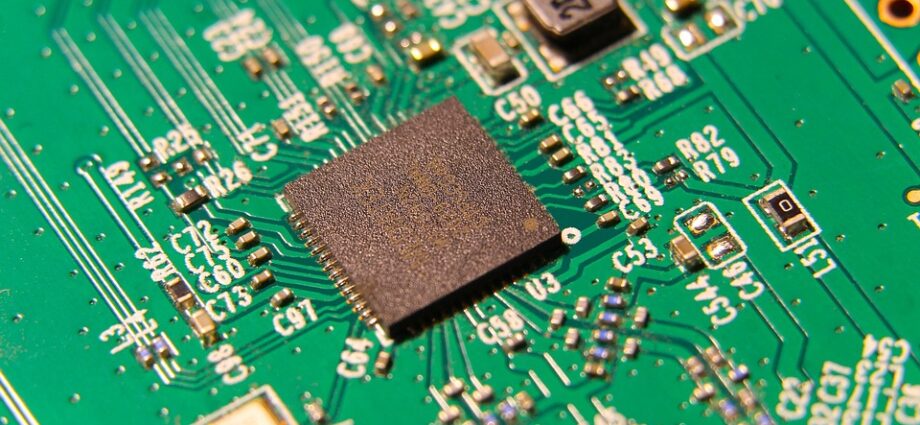Innovative Breakthroughs: MIT Researchers Develop Next-Gen Renewable Energy Solutions
The world is at a critical juncture when it comes to addressing climate change and transitioning to sustainable energy sources. As the demand for cleaner, more efficient energy solutions grows, researchers at the Massachusetts Institute of Technology (MIT) have made significant strides in renewable energy technologies. Their groundbreaking innovations promise to reshape the energy landscape and contribute to global sustainability goals.
Harnessing Solar Power More Efficiently
One of the most promising developments from MIT researchers is a new approach to solar energy harvesting. By utilizing advanced materials, scientists have engineered solar cells that significantly enhance energy conversion efficiency. Traditional solar panels typically convert around 15-20% of sunlight into usable electricity. However, MIT’s latest designs have achieved efficiencies exceeding 30%, thanks to innovative layering techniques and the incorporation of perovskite materials. These advancements not only increase energy output but also reduce the cost of solar energy production, making it more accessible to consumers and businesses alike.
Revolutionizing Wind Energy with Smart Turbines
Wind energy is another sector experiencing a transformation due to MIT’s research. The team has developed smart wind turbines equipped with artificial intelligence (AI) and machine learning algorithms. These intelligent systems enable turbines to adapt to changing wind conditions in real-time, optimizing their performance and increasing energy capture. Furthermore, the new turbine designs are lighter and more efficient, allowing them to be installed in a wider range of locations, including areas with lower wind speeds that were previously deemed unsuitable for wind farms.
Advancements in Energy Storage Solutions
A crucial aspect of renewable energy is the ability to store power for use when the sun isn’t shining or the wind isn’t blowing. MIT researchers have pioneered a novel battery technology that utilizes abundant and non-toxic materials, such as sodium and sulfur, to create a more sustainable energy storage solution. This new battery system not only offers a longer lifespan and faster charging times but also significantly reduces the environmental impact associated with conventional lithium-ion batteries. The development of these batteries could be a game-changer for electric vehicles and grid storage, paving the way for a more reliable renewable energy infrastructure.
Innovative Approaches to Hydrogen Production
Hydrogen has emerged as a versatile energy carrier that can play a pivotal role in the transition to renewable energy. MIT researchers have developed an innovative method for producing hydrogen from water using renewable electricity, a process known as electrolysis. Their cutting-edge technology leverages high-efficiency catalysts to reduce energy consumption during hydrogen production, making it a more viable and economical option. With this breakthrough, hydrogen can become a clean fuel source for various applications, including transportation and industrial processes, further contributing to decarbonization efforts.
Conclusion: A Sustainable Future on the Horizon
The innovative breakthroughs from MIT researchers represent a significant leap forward in the quest for sustainable energy solutions. By enhancing solar and wind energy technologies, improving energy storage systems, and exploring new methods for hydrogen production, these advancements lay the groundwork for a greener future. As the world continues to grapple with the impacts of climate change, the ongoing research and development at MIT serves as a beacon of hope, demonstrating that with ingenuity and determination, a sustainable energy landscape is within reach. The implications of these breakthroughs extend far beyond the laboratory, offering a pathway to a cleaner, more sustainable world for generations to come.
